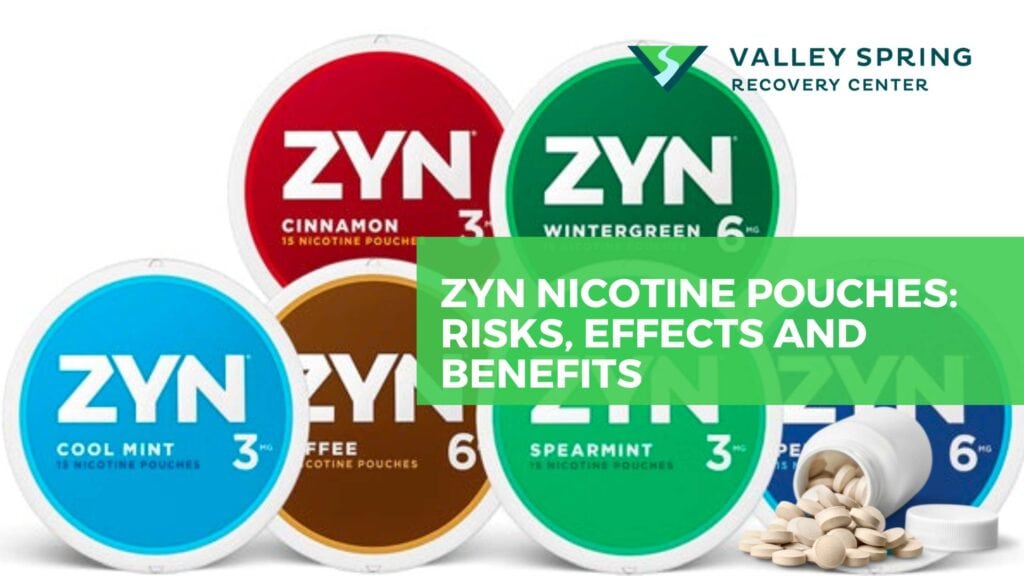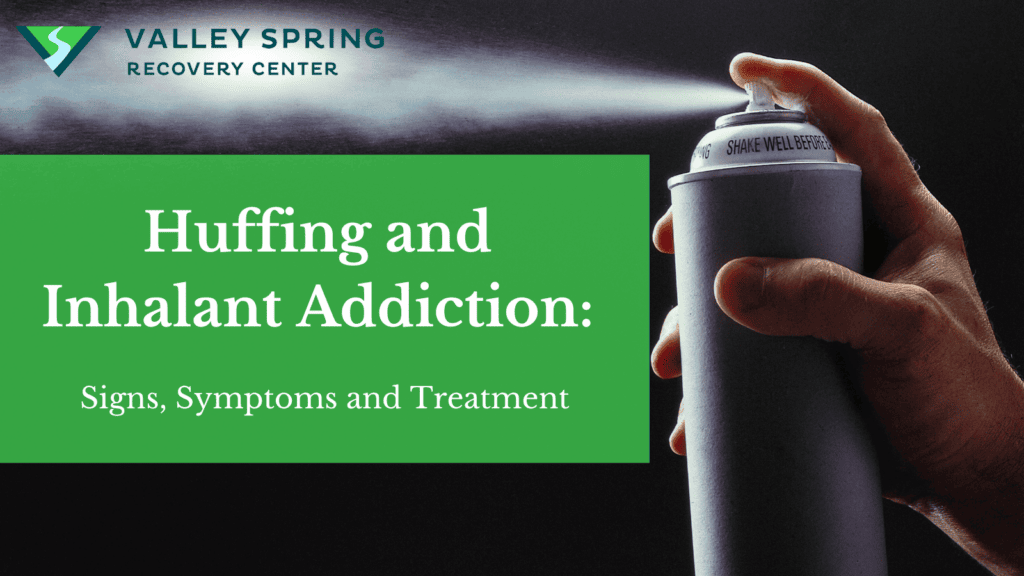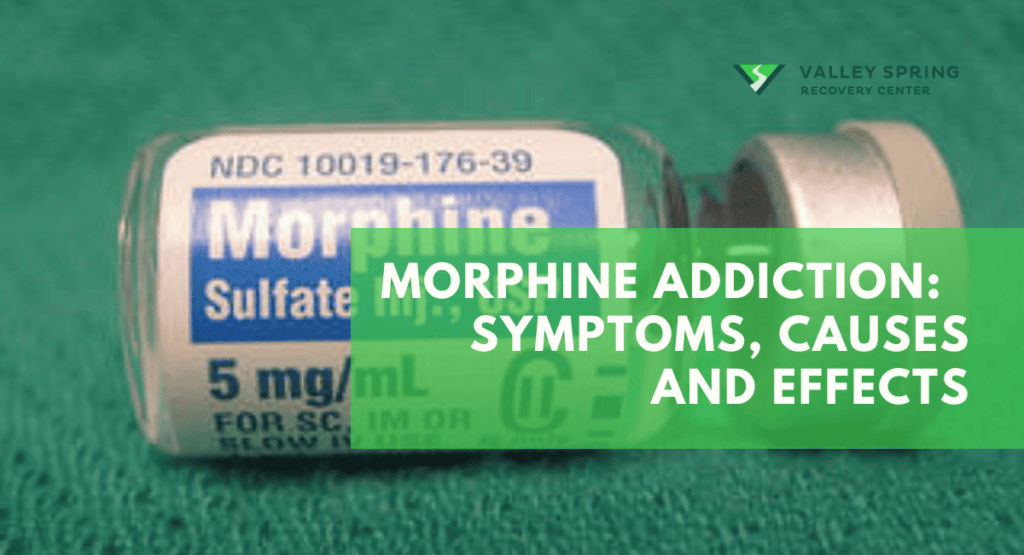Nicotine pouches are small, smoke-free packets containing nicotine that users place between their lip and gum to absorb nicotine directly through the membranes of the mouth. Popular brands like Zyn, On!, VELO, and Rogue offer these pouches in flavors such as peppermint, coffee, and citrus, targeting a variety of consumers including young people. The popularity of these products has surged, with sales increasing significantly from 126 million units in late 2019 to over 808 million in early 2022, partly due to influential social media exposure.
This transition is underscored by a shift in consumer preferences, with a substantial number of traditional tobacco users exploring safer alternatives. The appeal of products like Zyn lies not only in their tobacco-free composition but also in their discreet and convenient usage. Compared to traditional forms of tobacco, nicotine pouches offer a unique experience, devoid of smoke, ash, or the need for spitting, aligning well with the contemporary lifestyle that prioritizes convenience and hygiene.
What is Zyn?
Zyn is a brand of smokeless, spit-free nicotine pouches, that are used as an alternative to traditional tobacco products but are not approved by the FDA for that purpose. Originating as part of the Swedish Match company, Zyn caters to adult users seeking a tobacco-free nicotine experience. These small pouches, designed to be placed between the gum and upper lip, release nicotine upon contact with saliva. Zyn comes in a variety of flavors, such as mint, citrus, and coffee, and is available in different nicotine strengths, typically ranging from 3 mg to 6 mg per pouch.
The product’s appeal lies in its discreet usage and absence of tobacco leaf, which differentiates it from conventional snus or chewing tobacco. As a tobacco-free option, Zyn’s primary ingredient is pharmaceutical-grade nicotine, combined with food-grade fillers, flavorings, and stabilizers. This composition positions Zyn within the growing market of nicotine pouches, which are becoming increasingly popular among individuals looking for alternatives to smoking or vaping.
Is Zyn Addictive?
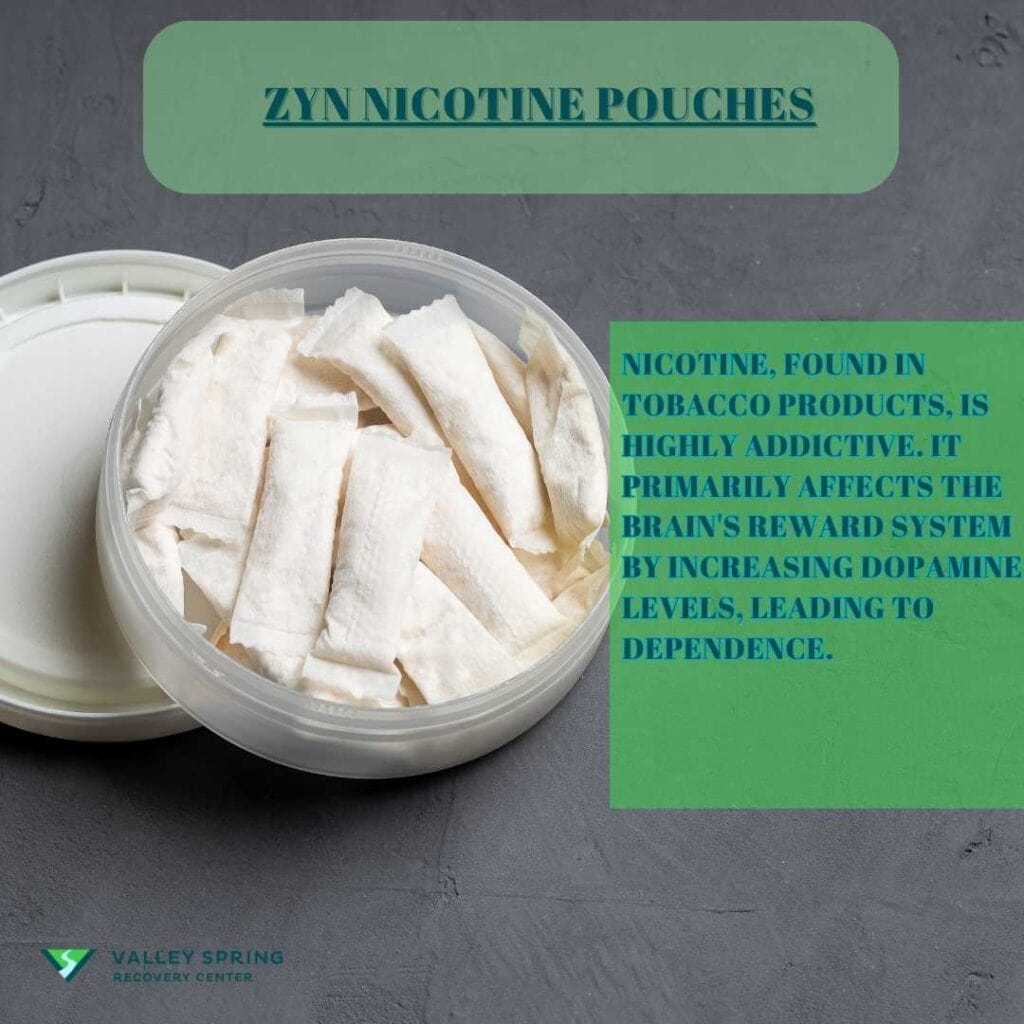
Nicotine, the active component in Zyn, is known for its addictive properties. The risk of addiction to Zyn is primarily attributed to the presence of nicotine. Like other nicotine products, regular use of Zyn can lead to dependence, where the user may feel a need to continue using the product to avoid withdrawal symptoms. These symptoms can include cravings, irritability, and difficulty concentrating.
The addictive potential of Zyn is similar to other nicotine delivery systems such as cigarettes, chewing tobacco, or nicotine gum. However, it’s crucial to note that while Zyn does not contain tobacco, the addictive nature of nicotine remains unchanged. The level of addiction can vary among individuals and is influenced by factors such as the amount and frequency of use, the nicotine concentration in the pouches, and personal susceptibility to nicotine addiction.
What Are the Side Effects of Zyns?
While Zyn offers a smokeless, tobacco-free way to consume nicotine, it is not free from potential side effects. Common side effects associated with the use of nicotine pouches like Zyn include:
- Irritation in the mouth or throat: Users may experience discomfort or irritation in the area where the pouch is placed.
- Increased heart rate and blood pressure: As a stimulant, nicotine can temporarily raise heart rate and blood pressure.
- Nausea and gastrointestinal issues: Some users might experience stomach discomfort, nausea, or indigestion, particularly if they are not accustomed to nicotine.
- Gum problems: Prolonged use may lead to gum recession or other oral health issues.
- Headaches: Nicotine can cause headaches in some individuals, especially those sensitive to stimulants.
- Dizziness: This can occur, particularly in new users or those using higher-strength products.
It is important to note that the intensity and occurrence of these side effects can vary greatly among individuals. Those new to nicotine products or with specific health conditions should be particularly cautious and consult a healthcare professional if they have concerns.
Are nicotine pouches safe?
According to Tory Spindle, a behavioral pharmacologist at Johns Hopkins, while nicotine pouches are safer than traditional tobacco products because they contain fewer carcinogens, they are not without risks. Users can become addicted and may experience cardiovascular issues, gum damage, and nausea. The flavorings and other ingredients in the pouches also raise concerns, as their long-term health impacts are still unknown.
Can Zyn Pouches Be Swallowed Accidentally?
While Zyn pouches are designed to be placed between the gum and lip, there is a minimal risk of accidental swallowing. If swallowed, they are typically harmless due to their small size and non-toxic contents. However, swallowing multiple pouches or frequently swallowing them should be avoided, and medical advice should be sought if any discomfort or adverse reactions occur.
Does Zyn Stain Teeth or Cause Bad Breath?
Zyn pouches are generally considered less likely to stain teeth or cause bad breath compared to traditional tobacco products, like cigarettes or chewing tobacco. However, as with any oral product, individual experiences may vary, and maintaining good oral hygiene is recommended.
What are the public health concerns associated with nicotine pouches?
While nicotine pouches offer a less harmful alternative to smokers or oral tobacco users, there is a public health dilemma regarding their potential to attract new, especially young, users to nicotine products. The ease of access and appealing marketing strategies could inadvertently lead to increased nicotine addiction among those who might never have used tobacco products otherwise.
What is known about the long-term effects of using nicotine pouches?
Current research indicates that the long-term effects of nicotine pouches are not fully understood. While they do not contain the high levels of carcinogens found in traditional tobacco products, the impact of their other ingredients and the overall effect on health over time remain areas of active study. Additionally, the use of nicotine during adolescence, a critical period for brain development, can have lasting adverse effects.
Are Zyn nicotine pouches harder to quit than cigarettes or vaping?
Quitting Zyn nicotine pouches compared to cigarettes or vaping involves different challenges and considerations. Each method of nicotine delivery has its own set of factors that can affect the ease or difficulty of quitting.
Zyn Nicotine Pouches:
- Form and Usage: Zyn pouches are smokeless, tobacco-free, and contain nicotine. They are used by placing them between the gum and lip, where nicotine is absorbed through the mucous membranes.
- Nicotine Content: Zyn pouches come in various nicotine strengths, allowing users some control over the amount of nicotine consumed.
- Convenience and Discretion: These pouches are discreet and can be used almost anywhere, which might make them more integrated into a user’s daily routine, potentially making quitting more challenging.
- Lack of Smoking Ritual: Since they don’t involve smoking or vaping, they lack the associated rituals, which can be both an advantage and a disadvantage when trying to quit.
Cigarettes:
- Physical and Chemical Addiction: Cigarettes deliver nicotine along with a host of other chemicals, many of which are harmful and addictive.
- Ritual and Sensory Experience: The act of smoking a cigarette involves a ritual and sensory experiences (smell, taste, the act of inhaling and exhaling smoke) that can be deeply ingrained in a smoker’s habits.
- Social and Behavioral Aspects: Smoking can be tied to social activities and certain behaviors, creating associative triggers that can make quitting difficult.
Vaping:
- Customizable Nicotine Levels: Vaping allows for precise control over nicotine intake, which can be used to gradually reduce nicotine consumption.
- Ritual and Sensory Experience: Similar to cigarettes, vaping involves a ritual. The variety of flavors and the physical act of vaping can become habitual.
- Perceived Health Risks: Some people perceive vaping as less harmful than smoking cigarettes, which might influence their motivation to quit.
Comparing the Difficulty of Quitting:
- Habitual Nature: The habitual nature of using Zyn pouches, cigarettes, or vaping devices can make quitting challenging. The lack of smoking or vaping ritual with Zyn might make it easier for some to quit, while others might find the discretion and ease of use make it harder to give up.
- Nicotine Content and Control: Nicotine dependency is a major factor in the difficulty of quitting. While Zyn and vaping products allow for more control over nicotine intake, cigarettes deliver nicotine along with other addictive substances.
- Social and Behavioral Factors: The social and behavioral aspects of smoking and vaping (like taking smoke breaks or social vaping) might create additional challenges that are less pronounced with discreet products like Zyn.
The table below represents Nicotine Pouches vs. cigarettes and Vaping for easier viewing:
| Aspect | Zyn Nicotine Pouches | Cigarettes | Vaping |
|---|---|---|---|
| Form and Usage | Smokeless, tobacco-free, absorbed through mucous membranes | Smoking, involves inhaling burned tobacco | Inhaling vaporized nicotine solutions |
| Nicotine Content | Various strengths, some control over nicotine amount | Fixed nicotine content, additional harmful chemicals | Precise control over nicotine intake |
| Convenience and Discretion | Discreet, can be used almost anywhere | Requires specific locations or settings, noticeable | Less noticeable than cigarettes, but more than Zyn pouches |
| Ritual and Sensory Experience | Lack of smoking/vaping ritual | Strong ritual and sensory experiences (smell, taste, inhalation) | Similar ritual to smoking, variety of flavors |
| Social and Behavioral Aspects | Less tied to social activities, fewer associative triggers | Often tied to social activities and certain behaviors | Can be tied to social activities, similar to smoking |
| Customizability | Limited to nicotine strength selection | No control over nicotine intake | Highly customizable in terms of flavors and nicotine levels |
| Perceived Health Risks | Perceived as less harmful due to being tobacco-free | Generally perceived as harmful due to smoke and chemicals | Often perceived as less harmful than cigarettes |
Ultimately, the difficulty of quitting Zyn nicotine pouches, cigarettes, or vaping varies from person to person. It depends on individual habits, the level of nicotine dependence, psychological factors, and the presence of a supportive environment for cessation. Professional guidance and support can significantly aid in the process, regardless of the method of nicotine use.
What Are the Benefits of Zyn?
The benefits of Zyn, as with any nicotine product, are subjective and can vary from person to person. However, some commonly reported benefits include:
- Alternative to Smoking: For smokers looking to quit or reduce their tobacco use, Zyn offers a smokeless, tobacco-free alternative to cigarettes.
- Control Over Nicotine Intake: Zyn allows users to choose from different nicotine strengths, providing some level of control over their nicotine intake.
- Discreet Usage: The small, spit-free pouches are discreet and do not produce smoke or odor, making them convenient for use in various settings.
- Reduced Harm Potential: Being tobacco-free, Zyn is generally considered to pose fewer health risks than traditional tobacco products, although it still contains addictive nicotine.
It’s important to emphasize that while Zyn may have perceived benefits, particularly in comparison to smoking, it is not a risk-free product and still contains addictive nicotine.
What Are the Risks of Using Zyn?
While Zyn presents itself as a tobacco-free alternative, it is not without risks, primarily related to its nicotine content. Key risks include:
- Nicotine Addiction: Nicotine is a highly addictive substance, and regular use of Zyn can lead to dependence.
- Not a Smoking Cessation Tool: While Zyn is often used as an alternative to smoking, it is not officially recognized as a smoking cessation aid and may not assist in quitting nicotine altogether.
- Health Risks Associated with Nicotine: Nicotine can have several adverse health effects, particularly on cardiovascular health, and may exacerbate existing health conditions.
- Potential Gateway to Tobacco Use: There is concern that nicotine pouches like Zyn could act as a gateway for non-smokers, particularly younger users, leading them to experiment with other nicotine or tobacco products.
- Impact on Oral Health: Regular use can lead to oral health issues, such as gum irritation or recession.
The risks associated with Zyn, much like its benefits, are an essential consideration for anyone contemplating its use. It’s crucial for users to weigh these risks against any potential benefits and to make informed decisions about their nicotine consumption.
How to Use Zyn?
To minimize risks while using Zyn, it’s important to follow certain guidelines:
- Start with Lower Strength: If new to nicotine pouches, beginning with a lower nicotine strength can reduce the risk of strong side effects.
- Limit Usage: Try to use Zyn moderately to avoid developing a high tolerance or dependence on nicotine.
- Monitor Oral Health: Regularly check for any signs of gum irritation or oral health issues, and consult a dentist if concerns arise.
- Understand Personal Health Conditions: Be aware of how nicotine might affect any existing health issues, especially cardiovascular or gastrointestinal conditions.
- Avoid Mixing with Other Nicotine Products: Using Zyn in conjunction with other nicotine or tobacco products can increase the risk of nicotine overdose and dependence.
Can Zyn Assist in Nicotine Cessation?
Zyn is leveraged by individuals aiming to reduce nicotine dependency; however, it lacks official endorsement as a cessation device. The success of Zyn in facilitating complete nicotine withdrawal varies significantly among users, influenced by personal habits and preferences. While some individuals report an effective reduction in nicotine consumption through Zyn, others may substitute traditional tobacco products with Zyn, maintaining nicotine intake. For tailored guidance on nicotine cessation, consulting a healthcare professional is advised.
What do Zyn Users say about their experience using it to quit nicotine?
User experiences with Zyn vary widely. Some report positive experiences, citing it as a helpful tool in reducing or replacing tobacco use, while others may have concerns about addiction or side effects. Below are two reviews from the Zyn website:
Took advantage of the free pack offer to try nicotine pouches. I quit vaping and wanted to try alternatives, so was very handy. It is a bit strange initially to have something under your top lip, but taste was pleasant and did stop cravings, so does the job, will see if it something I will continue with after trying other nicotine alternatives. Would recommend to try, taste and effect lastest approx half hour.
12/01/2023 by Sharon
Verified Purchase
I’m trying to quit smoking and these are really great. Really fresh, not burny(I’ve tried other brands and they are). The 2mg is lovely and just the right amount to replace a ciggy when wearing a patch.
20/05/2022 by Ash
Verified Purchase
It’s beneficial to read a range of testimonials to understand the diverse experiences and perspectives of Zyn users.
How Does Zyn Compare to Other Nicotine Replacement Therapies?
Zyn, like other nicotine replacement therapies (NRTs), provides nicotine without the harmful chemicals found in tobacco smoke. However, there are differences:
- Method of Delivery: Zyn is a pouch placed in the mouth, while other NRTs like patches, gums, or lozenges have different methods of delivery.
- Speed of Nicotine Delivery: Zyn might deliver nicotine more quickly compared to patches but slower than smoking or vaping.
- Experience: The physical act of using Zyn can be a closer alternative to smoking or snus use, potentially making it more appealing for some users.
- Accessibility and Use: Zyn is generally easier to use discreetly compared to smoking or vaping and doesn’t require inhalation.
How are Zyn’s regulated?
Unlike traditional tobacco products, oral nicotine products are currently subject to a less stringent regulatory framework. The Food and Drug Administration (FDA) has not approved Zyns as a product to help reduce tobacco consumption because nicotine pouches can contain high concentrations of nicotine, which can put users at risk of nicotine addiction and can make quitting more challenging.
The FDA mandates that manufacturers of oral nicotine products adhere to several key requirements to oversee safe distribution and consumption of Zyn’s:
- Submission of Information: Manufacturers must provide the FDA with detailed product information.
- Nicotine Warning Labels: All oral nicotine products must feature warning labels that inform consumers about the presence of nicotine and its addictive properties.
- Marketing Restrictions: There are basic marketing restrictions in place to limit the exposure of these products to certain demographics, particularly minors.
While these measures represent steps towards oversight, the regulatory landscape for oral nicotine products remains less comprehensive compared to that of other tobacco products. This has prompted discussions among public health experts and regulators about tighter regulations to ensure consumer safety and prevent underage usage.
Are nicotine pouches safe?
According to Tory Spindle, a behavioral pharmacologist at Johns Hopkins, while nicotine pouches are safer than traditional tobacco products because they contain fewer carcinogens, they are not without risks. Users can become addicted and may experience cardiovascular issues, gum damage, and nausea. The flavorings and other ingredients in the pouches also raise concerns, as their long-term health impacts are still unknown.
What is the cultural significance of Zyns?
Zyns have transcended their original purpose as nicotine pouch products, embedding themselves into the cultural fabric of the Americas and Europe through the efforts of “zynfluencers” and the launch of the Zyn Crypto Coin, aimed at high-achieving demographics. This cultural shift is further encapsulated in a vibrant meme culture, illustrating the product’s significant impact on lifestyle and social discourse around nicotine consumption.
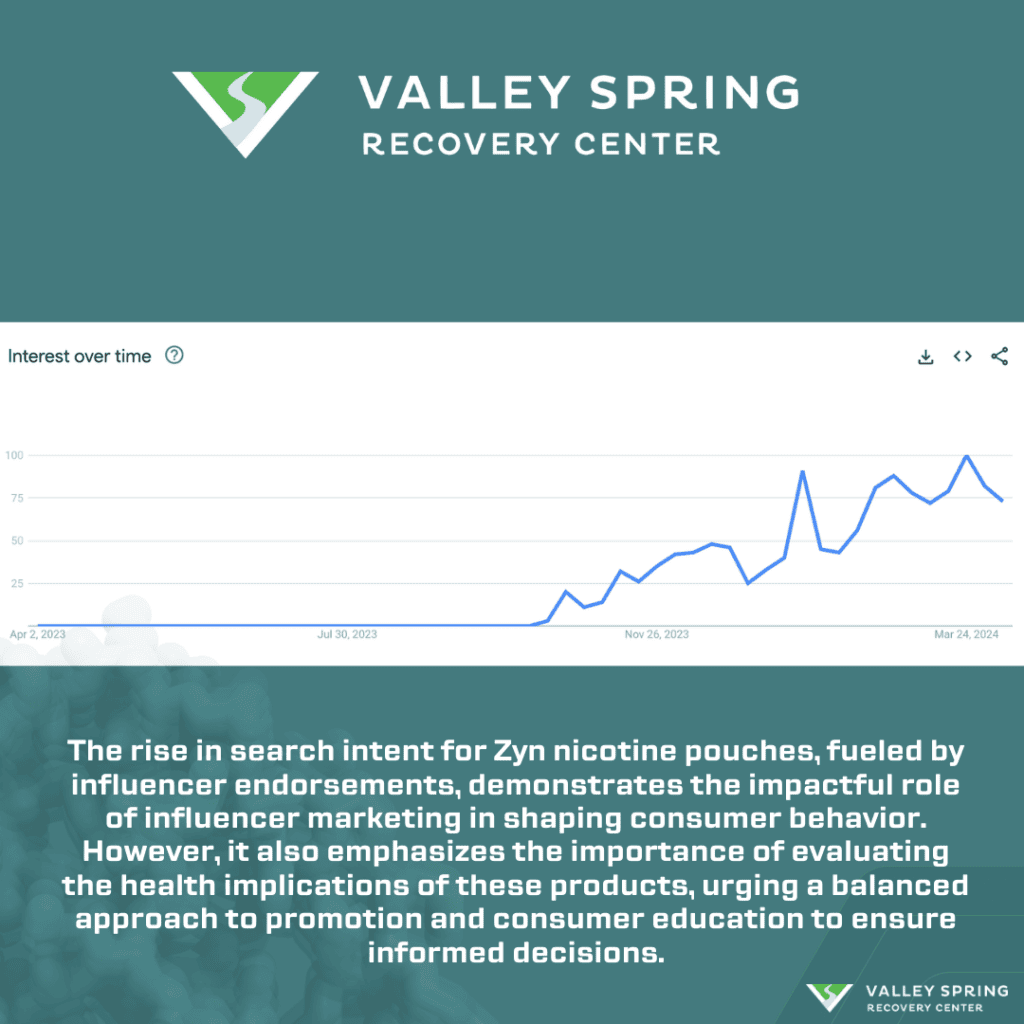
What is a Zynfluencer and why have Zyns gained so many influencers and popularity On Social Media Sites Like Tiktok?
The brand, heralded as a nicotine replacement supplement, has witnessed a meteoric rise in popularity, significantly bolstered by a community of influencers dubbed “zynfluencers.” A “zynfluencer” is an influencer who promotes Zyn nicotine pouches, often integrating them into lifestyle content to shape the product’s cultural perception and consumer appeal.
This surge is evidenced by Google Trends data, which illustrates a steep upward trajectory in searches and discussions surrounding Zyns. Influencers have played a pivotal role in shaping Zyn’s image, not just as a product but as a lifestyle choice, embedding it into the fabric of daily routines and social media narratives. The term “zynfluencers” itself marks a new era of product promotion, where the user experience is celebrated through relatable content, creating a broad, engaged community that extends beyond traditional advertising realms.
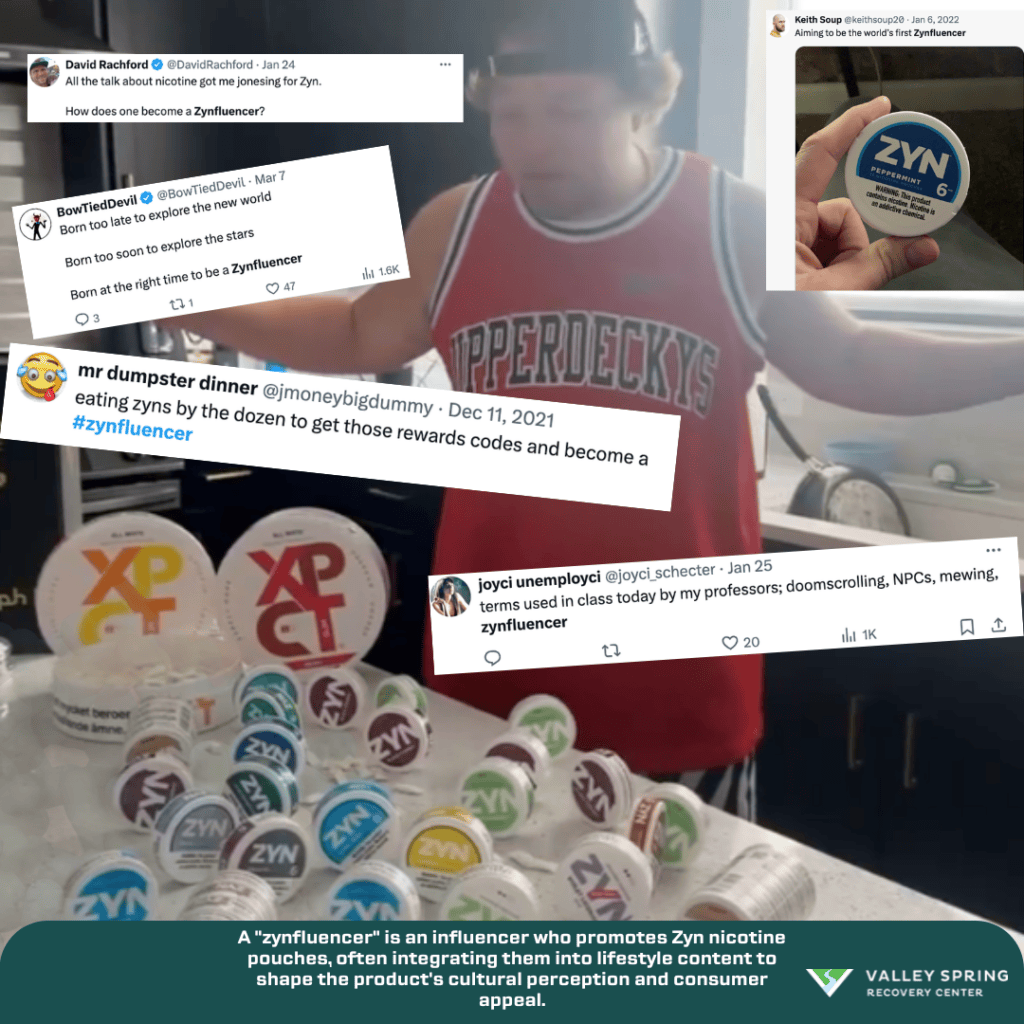
Why are nicotine pouches appealing to young people?
Nicotine pouches are often marketed with appealing flavors and are easy to conceal, making them particularly attractive to youth. The discreet nature of the product allows for use in various settings without detection, which is a significant concern among health professionals. Researchers like Meghan Moran at Johns Hopkins are investigating how these features influence youth appeal and usage patterns.
What Is The Zyn Crypto Coin?

Introduced as the “bro coin,” the Zyn Crypto Coin is a meme coin that represents an innovative intersection of lifestyle branding and digital currency stemming from the nicotine pouch product ‘Zyn”. This cryptocurrency is positioned as a “work enhancer,” appealing to a demographic known for high stress and high achievements, such as athletes and finance professionals. The coin taps into the community’s investible income, promising not just a financial stake but a deeper involvement in the Zyn culture through initiatives like the “Zyn to earn” program and partnerships with key influencers at the heart of Zyn’s societal impact according to Venter Capital Investor Andrew Kang.
The Zyn movement is strong as referenced by the community memecoin which has reached a market cap of 50 million dollars which has resulted in pushback from parents who are concerned their children may think the nicotine pouches are cool and try them without regard for the health consequences.
The Zyn Coin information as of April 2024 is listed below:
- PRICE USD: $0.05614
- LIQUIDITY: $1.7M
- MKT CAP: $50.7M
The ZynCoin website states:
Your favorite comfy gum pillows are now on the blockchain. We believe $ZYN is more than a memecoin. It’s a lifestyle. It’s culture. It’s an addiction. Launched with no pre-sale, zero taxes, ownership renounced and liquidity locked, ZYN Coin is a community-led project spreading the gospel of $ZYN to Zynners everywhere.
Zyncoin . io

What Are The Best Zyn Memes?
The Zyn community thrives on a rich tapestry of memes that encapsulate the humor, irony, and shared experiences of its members. From clever plays on words like “amaZyn” and “Zynful” to creative concoctions such as “Zynfandel” and “trip to Zynbabwe,” these memes offer a glimpse into the vibrant and playful spirit that defines the Zyn lifestyle. They serve not just as entertainment but as cultural artifacts, reinforcing the community’s identity and the product’s position within the broader societal discourse on nicotine consumption and lifestyle choices.
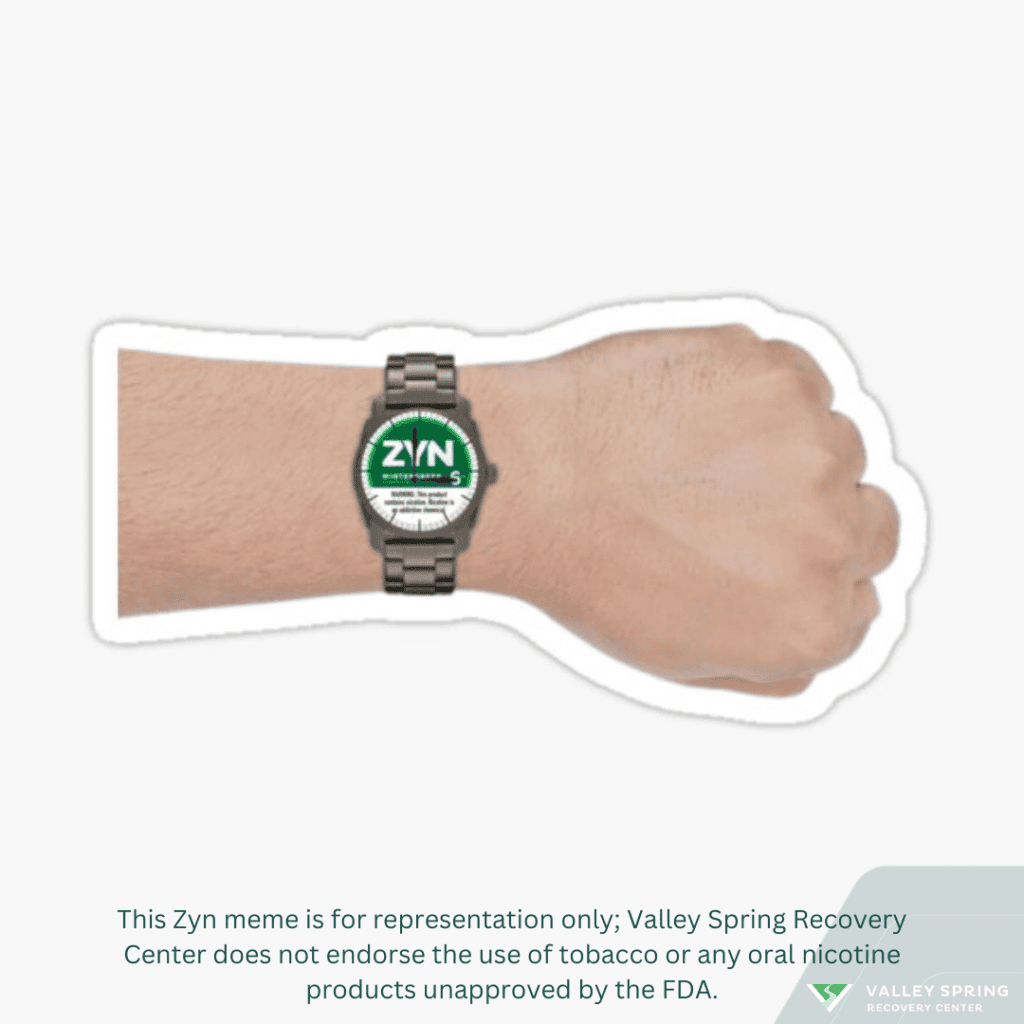



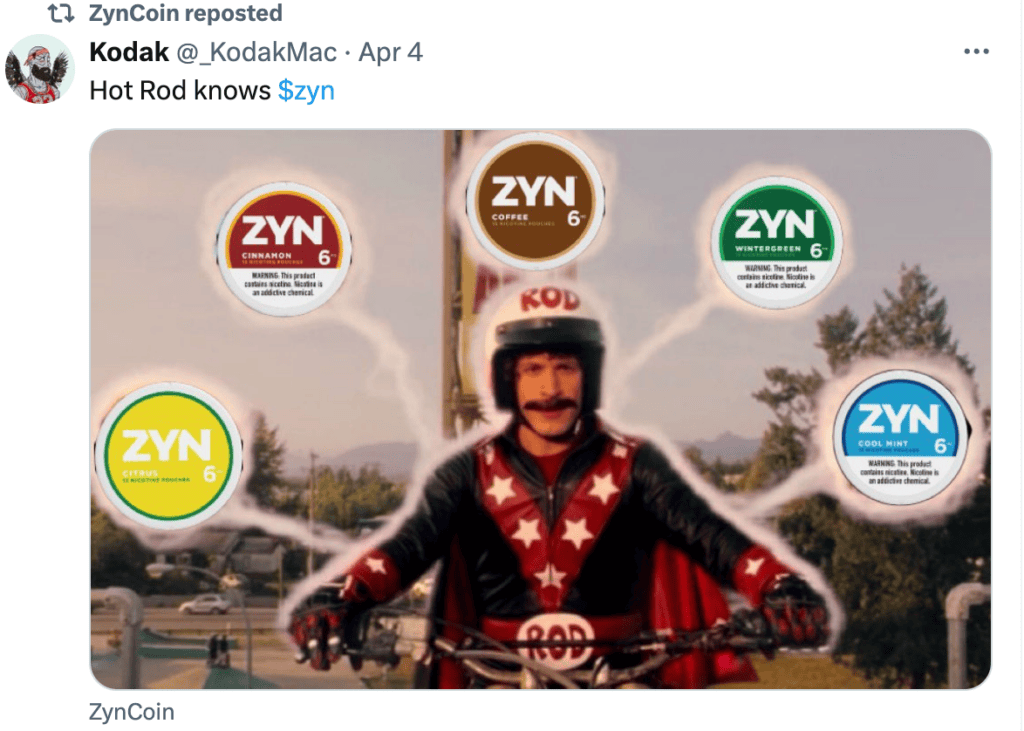
How does the difficulty of quitting nicotine compare to the challenge of discontinuing illegal drugs such as heroin?
Stopping nicotine use and stopping illegal drug use, such as heroin, involve different challenges and complexities. While both nicotine and heroin have addictive properties, the nature of their addiction, societal perceptions, withdrawal symptoms, and treatment approaches can vary significantly.
Nicotine Addiction:
- Physiological and Psychological Addiction: Nicotine, found in tobacco products, is highly addictive. It primarily affects the brain’s reward system by increasing dopamine levels, leading to dependence.
- Withdrawal Symptoms: Nicotine withdrawal symptoms can include irritability, anxiety, difficulty concentrating, increased appetite, and cravings for nicotine. However, they are generally less severe than those associated with heroin.
- Social Acceptance and Accessibility: Nicotine products like cigarettes are legal and widely accessible, making it easier for users to maintain their addiction. Social acceptance can vary but is generally higher for nicotine use compared to heroin.
- Treatment: Treatment for nicotine addiction often includes nicotine replacement therapies (gum, patches, lozenges), prescription medications, and behavioral therapies. Support groups and counseling can also be effective.
Heroin Addiction:
- Strong Physical and Psychological Dependence: Heroin, an illegal opioid, creates a profound level of physical and psychological dependence. It acts on the brain’s reward system more intensely than nicotine.
- Severe Withdrawal Symptoms: Withdrawal from heroin can be intensely painful and includes symptoms like nausea, vomiting, severe muscle aches, agitation, and intense cravings.
- Legal Status and Societal View: Heroin use is illegal and generally has a significant social stigma attached to it. This can affect the user’s willingness to seek help and the types of support available.
- Treatment: Treatment often involves a combination of medically supervised detoxification, maintenance therapies (like methadone or buprenorphine), and comprehensive behavioral therapies. Long-term support is usually necessary to prevent relapse.
Comparative Difficulty in Quitting:
- Severity of Withdrawal: Heroin withdrawal is typically more severe and physically dangerous than nicotine withdrawal.
- Social Factors: The social acceptance of nicotine use can make it challenging to avoid triggers and social pressures to smoke, whereas the illegality and social stigma of heroin can create barriers to seeking help.
- Accessibility: Easy access to tobacco products can make quitting nicotine challenging, while the illegal status of heroin can affect access but also poses legal risks.
- Treatment and Support: Both substances require a strong support system and often professional treatment for successful cessation. However, the approach and intensity of treatment can differ significantly.
In summary, while both nicotine and heroin are highly addictive, the nature of their addiction, societal context, and treatment methods differ significantly. Heroin addiction typically involves more severe physical dependence and withdrawal symptoms, but its social acceptance and accessibility challenges nicotine addiction.
Does Zyn Get You High?
Zyn, containing nicotine, does not induce a ‘high’ in the traditional sense associated with psychoactive drugs. The primary active ingredient, nicotine, is a stimulant that can affect the nervous system. Users of Zyn experience a sense of heightened alertness or relaxation, which is a common effect of nicotine consumption. This sensation is often described as a mild buzz or a calming effect rather than a euphoric or intoxicating high.
It’s important to understand that nicotine’s effects are largely dependent on dosage and individual sensitivity. Higher doses may lead to more pronounced effects, but these do not equate to the high experience with substances like alcohol or THC. The experience of using Zyn is more akin to the effects felt from nicotine in cigarettes or vaping, centered around nicotine absorption rather than any intoxicating effect.
Can Zyn Pouches be Used Concurrently with Other Nicotine Products?
It is generally not recommended to use Zyn concurrently with other nicotine products, such as cigarettes or nicotine gum. Doing so can increase the risk of nicotine overdose and dependence. Users looking to transition from smoking to Zyn should ideally cease using the other product to avoid excessive nicotine intake.
Can Non-Smokers Use Zyn for Recreational Purposes?
Zyn is not recommended for non-smokers or individuals who have not previously used nicotine products. Starting to use nicotine when one is not already dependent increases the risk of developing nicotine addiction and can lead to unnecessary health risks.
Is nicotine addiction one of the most common drug addictions?
Yes, nicotine addiction is indeed one of the most common forms of drug addiction worldwide. This is largely due to the widespread availability and social acceptability of tobacco products, such as cigarettes, cigars, and vaping devices. Nicotine, the active compound in tobacco, is a highly addictive substance that stimulates the release of dopamine in the brain, creating a sense of pleasure and reward. However, this effect is short-lived, leading individuals to use tobacco products frequently to maintain these feelings, which can quickly evolve into dependence. The addictive nature of nicotine is compounded by withdrawal symptoms like irritability, anxiety, and cravings, making quitting a significant challenge for many. Given its widespread use and the significant health risks associated with tobacco consumption, including cancer, heart disease, and respiratory conditions, nicotine addiction represents a major public health concern.
What are the best treatments and ways to recover from nicotine addiction?
Overcoming nicotine addiction, a challenge within the broader spectrum of substance dependencies often necessitates a multifaceted approach. Strategies include Nicotine Replacement Therapy (NRT) for mitigating withdrawal symptoms, alongside FDA-approved non-nicotine medications like varenicline and bupropion to reduce cravings. Behavioral support through counseling and support groups, coupled with digital health programs, provide a backbone of psychological support. Complementary practices such as mindfulness, regular physical activity, and healthy lifestyle adjustments bolster the recovery process. The journey to quit nicotine, reflective of the complexities in battling addiction, underscores the importance of personalized treatment plans, underlining the role of healthcare professionals in crafting effective, individualized cessation strategies.
If you are struggling with addiction, Valley Spring Recovery Center is standing by 24/7 with counselors ready and available to help guide you on your journey to recovery.
Ben Fisher
All author postsShare This Post

